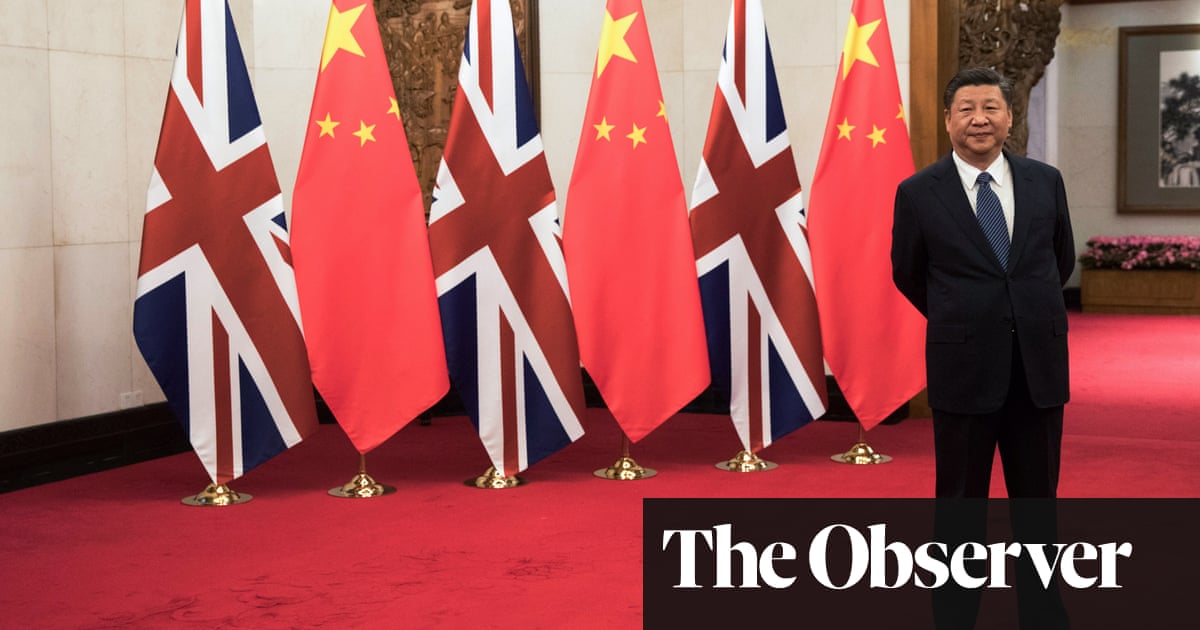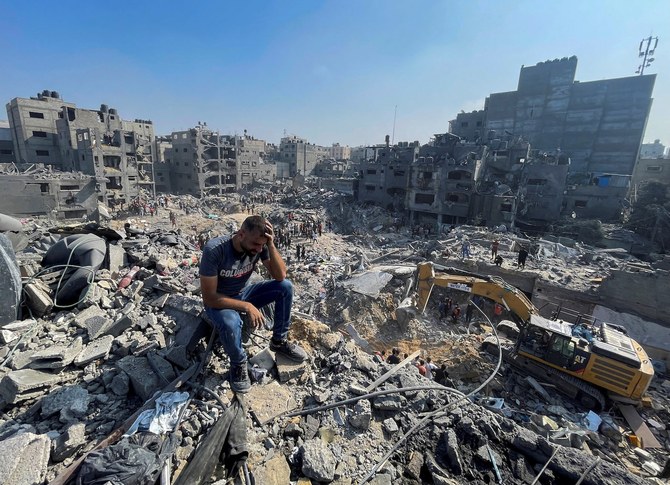
The Gulf states, the US and the rest of the international community are facing a dilemma. They want to rein in Iran’s malignant activities, especially when it comes to the safe navigation of the waters around the Arabian Peninsula, but everyone is reluctant, and rightly so, to use military force. The situation is quite volatile and any provocation, even if unintended, could lead to war.
Last month, when faced with the shooting down of a drone, the US refrained from striking Iran at the last minute. However, if another incident like this is repeated, it would be difficult for the US not to respond. Though Iran, the US and the countries in the region do not want a war, this does not mean that a war will not take place. Therefore, the key is to make sure that another skirmish does not occur.
Experts agree that starting a military confrontation would be like opening Pandora’s box. On the other hand, relying on the unilateral sanctions that the US has imposed does not seem to deter Iran; it remains as defiant as ever. Last week, it attempted to intercept a British oil tanker passing through the Strait of Hormuz. So, to ensure the smooth flow of vessels, the US Chairman of the Joint Chiefs of Staff Gen. Joseph Dunford stated that the US and its allies are working together to come up with a protection system.
However, in order to have legitimacy, credibility and be recognized internationally, this system should be established under the UN’s auspices and should be initiated by an impartial third party. The system put in place should not only ensure safety of navigation, but also lead to de-escalation.
There is a very successful precedent of maritime monitoring in Somalia that can be replicated in the Gulf.
Dania Koleilat Khatib
As such, Japan — a country that has been attacked in the Gulf of Oman after an oil tanker was sabotaged — can ask for article 51 of the UN charter to be invoked. This article allows joint or individual self-defense and can be used to de-escalate the tension around the Strait of Hormuz. Japan has already been accepted as a mediator by both Iran and the US.
Article 51 was previously invoked when Daesh emerged. Under this article, the US could fight in Iraq and Syria on the basis of collective defense. Once a request is made, the rules of engagement can be established. The rules will set the bar as to what is considered a provocation. In this respect, Japan can call for an expert committee, under the auspices of the UN, to define the terms of a code of conduct in the Arabian Gulf. Japan has naval forces that can deployed, namely the warship Izumo. It can also call for a multilateral force to maintain security in the Arabian Gulf.
There is a very successful precedent of maritime monitoring in Somalia that can be replicated in the Gulf. The UN Security Council adopted resolution 2383 to fight piracy. States and organizations contributed by sending forces who monitored and seized any boats, arms and individuals suspected of being engaged in piracy, and protected ships transiting in the areas. The EU, NATO, the African Union and the Southern Africa Development Community, among others, donated forces. A similar coalition could be deployed in the Gulf.
A force that is deployed from Kuwait all the way to the Gulf of Oman could make sure that no vandalism that could jeopardize maritime navigation in the region can occur. Those forces that will have a peace-keeping mission would minimize the chances of friction in the region.
In the absence of an impartial monitoring force that details what is considered acceptable conduct and what is not, it is very difficult to objectively decide who the culprit is. For example, when the Iranians shot down the US drone, the White House claimed that its unmanned vehicle was flying over international waters, whereas the Iranians replied that it had entered their airspace. Similarly, in the previous week, when oil tankers were attacked in the Gulf of Oman, it was difficult to definitively single out the aggressor. Actually, the attack initiated a trail of controversies. While the UK government said it was almost certain that Iran was behind the attack, Jeremy Corbyn, the leader of the opposition Labour Party, contested that London was blindly following the US. He tweeted: “Without credible evidence about the tanker attacks, the government’s rhetoric will only increase the threat of war.”
This project — which will start by calling for the article 51 principle of joint defense and then put together a team of experts to devise a code of conduct in the Gulf, culminating in a monitoring force — would ensure stability in the Gulf. This way we will be one step further from a full-blown war. And, once the different parties know that they will not be subject to aggression or have the possibility to commit an attack, the mood will be set for mediation.












